Bhumi Devi, the goddess who embodies the Earth and all its nurturing qualities. Bhumi Devi is more than a symbol of nature; she represents fertility, prosperity, and the divine motherly love that sustains all life. For those who worship Lord Shiva and other deities, Bhumi Devi holds a special place, reminding us of our deep connection to the land beneath our feet.
In this blog, we’ll explore who Bhumi Devi is, her significance in Hindu mythology, and how she is worshipped in different traditions. We’ll also look at how Bhumi Devi relates to other goddesses like Devi and Parvati. Through this journey, we hope to uncover the deeper spiritual meaning of Bhumi Devi and how her essence can help us connect with the sacredness of the Earth.
Bhumi Devi: The Earth Goddess
Bhumi Devi, also known as Bhudevi, is often depicted as a beautiful woman seated on a lotus or standing with a pot of grains, symbolizing abundance and fertility. She is the personification of the Earth itself, and her very presence in Hindu cosmology reminds us that the Earth is alive, sacred, and worthy of reverence.
The Origins of Bhumi Devi in Hindu Mythology
According to Hindu texts, Bhumi Devi is often associated with Lord Vishnu, one of the principal deities in Hinduism, who preserves and sustains the universe. In many legends, Bhumi Devi is depicted as his consort. One of the most famous stories is her appearance in the form of Varaha, the boar-headed avatar of Vishnu. In this tale, Bhumi Devi is captured by the demon Hiranyaksha and submerged in the cosmic ocean. Vishnu, in the form of Varaha, dives deep into the ocean to rescue her and bring her back to her rightful place as the Earth goddess.
This story symbolizes the eternal cycle of life, death, and rebirth that the Earth undergoes. Bhumi Devi represents the nourishing and sustaining power of the Earth, while Vishnu represents the divine protector who ensures that balance is maintained.
Bhumi Devi and the Connection to Parvati
In some traditions, Bhumi Devi is considered a manifestation or aspect of Parvati, the wife of Lord Shiva. Parvati, often worshipped as the Mother Goddess, embodies the feminine energy of creation and destruction. Both Parvati and Bhumi Devi are seen as forms of Devi, the divine feminine, representing nature’s nurturing and destructive forces.
This connection between Bhumi Devi and Parvati is particularly significant for those who follow Shaivism, the sect of Hinduism that worships Lord Shiva as the supreme deity. Parvati, as the wife of Shiva, plays a crucial role in maintaining balance in the universe, much like Bhumi Devi does in the physical world. For devotees of Shiva, understanding Bhumi Devi as an extension of Parvati deepens their connection to the Earth and the cosmos.
Symbolism and Worship of Bhumi Devi
Bhumi Devi symbolizes the nurturing aspect of the Earth, providing food, shelter, and resources to all living beings. She is often invoked in prayers for agricultural fertility, prosperity, and environmental harmony. Her role extends beyond mere sustenance; Bhumi Devi reminds us of the importance of living in harmony with the Earth.
In temple rituals, Bhumi Devi is frequently worshipped alongside Vishnu. For example, in the famous Venkateswara Temple in Tirupati, Bhumi Devi and Sri Devi, another aspect of Lakshmi, stand beside the deity. This shows that the goddess is an integral part of the divine order.
Bhumi Puja: Honoring the Goddess
A key ritual dedicated to Bhumi Devi is Bhumi Puja, a traditional Hindu ceremony performed before constructing a building or beginning agricultural work. The purpose of this ritual is to honor Bhumi Devi, seeking her blessings for a stable and prosperous foundation. It reflects the deep respect that Hindus have for the Earth, acknowledging that any act of construction or cultivation must be done in harmony with the environment.
During Bhumi Puja, mantras are chanted to invoke Bhumi Devi’s grace, asking for her permission to disturb the land and for her blessings to ensure the success of the project. The ceremony involves offering flowers, fruits, and other sacred items, which signify gratitude and respect for the Earth.
The Role of Bhumi Devi in the Modern World
As the world faces increasing environmental challenges, the reverence for Bhumi Devi becomes more relevant than ever. Hinduism teaches that the Earth is sacred, and human beings must take care of her just as she takes care of us. The ancient stories of Bhumi Devi remind us of the importance of environmental stewardship and sustainable living.
In a world where deforestation, pollution, and climate change threaten the Earth’s health, the worship of Bhumi Devi can inspire us to reconnect with nature. By honoring her, we acknowledge our role as custodians of the Earth and commit to living in a way that respects her boundaries.
Bhumi Devi’s Teachings for Today
Bhumi Devi’s message is clear: the Earth is not a resource to be exploited, but a living, breathing entity that nourishes us. Just as she provides us with food, shelter, and life, we must give back by protecting her and ensuring that future generations can enjoy her bounty. In Hinduism, this balance between giving and receiving is essential to maintaining the cosmic order, or Dharma.
Through Bhumi Devi, we learn the importance of Ahimsa (non-violence) towards the Earth. Simple actions, like reducing waste, planting trees, and conserving water, become acts of devotion to the goddess. In this way, Bhumi Devi’s teachings are not limited to religious rituals but extend to everyday life, reminding us to live consciously and sustainably.
Bhumi Devi and the Feminine Divine
As part of the larger pantheon of Devi worship, Bhumi Devi represents the maternal and nurturing side of the divine feminine. She is the physical manifestation of the Earth’s fertility, just as Parvati is the embodiment of spiritual power and Shakti. The feminine divine in Hinduism is often seen as a creative force that both nurtures and protects, and Bhumi Devi’s role reflects this balance.
For many Hindus, Bhumi Devi is not just a distant deity but a personal guide, teaching us to live with humility and gratitude. She offers the gift of life itself, and in return, she asks for respect and care. By incorporating her teachings into our spiritual practice, we can deepen our relationship with the Earth and the divine.
Bhumi Devi’s Relevance in Today’s World
The reverence for Bhumi Devi is more than an ancient tradition; it is a reminder of the sacredness of the Earth. As devotees of Lord Shiva and followers of Hinduism, our connection to Bhumi Devi can inspire us to live more mindful and sustainable lives. By understanding her role as the nurturing Earth goddess, we are called to respect and protect the environment, ensuring that her gifts can be enjoyed by all.
Whether through the practice of Bhumi Puja or simply by living in harmony with nature, we can honor Bhumi Devi in our daily lives. Her presence reminds us that the Earth is alive, sacred, and deserving of our deepest respect.
For spiritual accessories that help you connect with the divine, such as Rudraksha malas, Shaligrams, or sacred idols, visit spiritualguru.lk. Embrace the wisdom of Bhumi Devi and bring her blessings into your home.
By integrating Bhumi Devi’s teachings and aligning ourselves with her nurturing energy, we can cultivate a deeper relationship with both the Earth and the divine. This is a call to remember that every step we take on this sacred ground is a connection with Bhumi Devi herself.

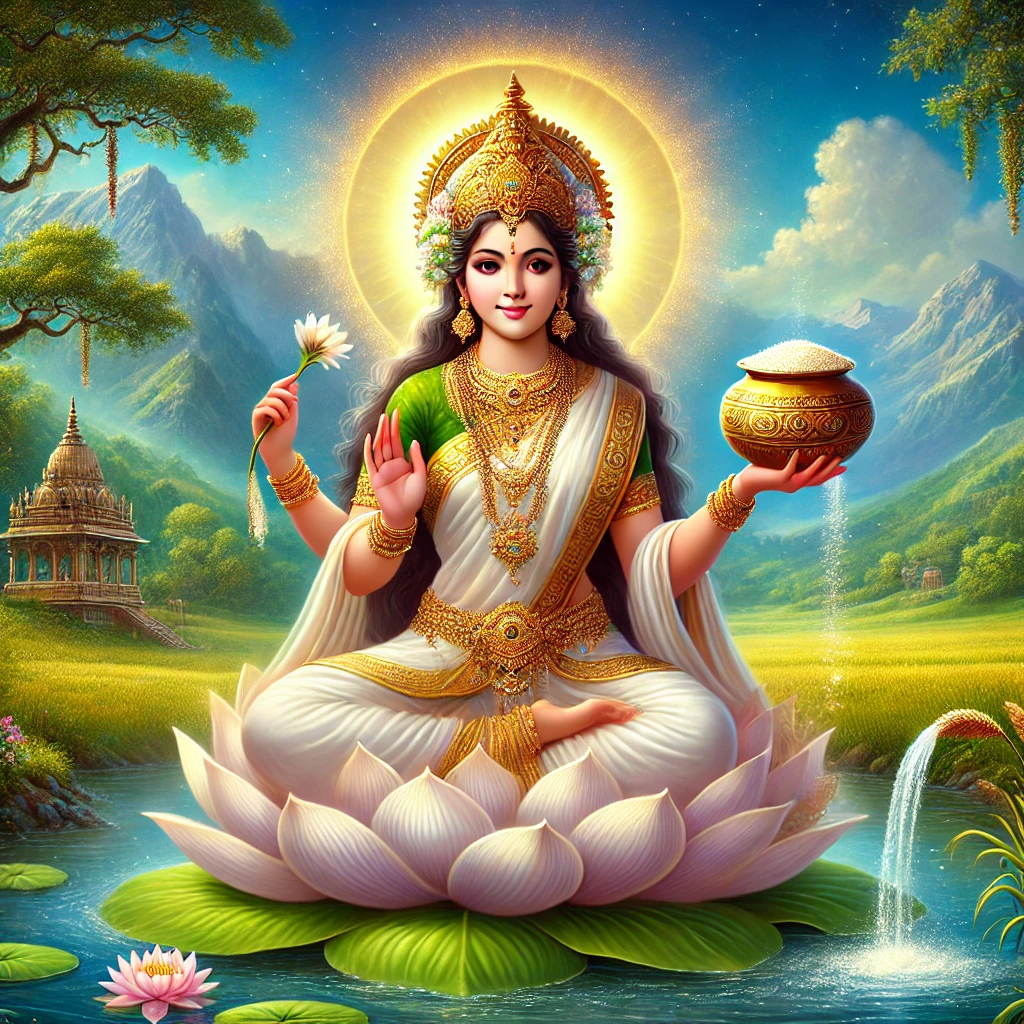
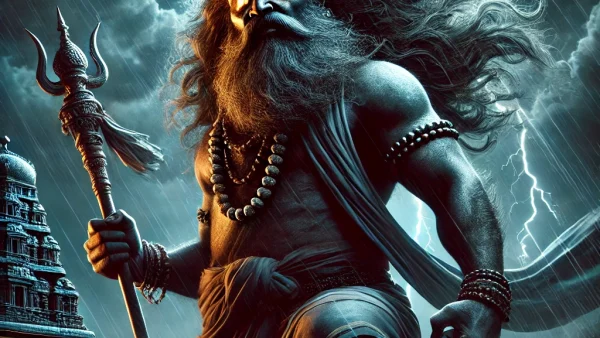
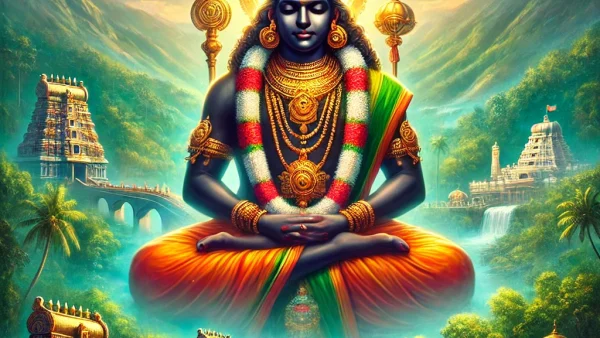
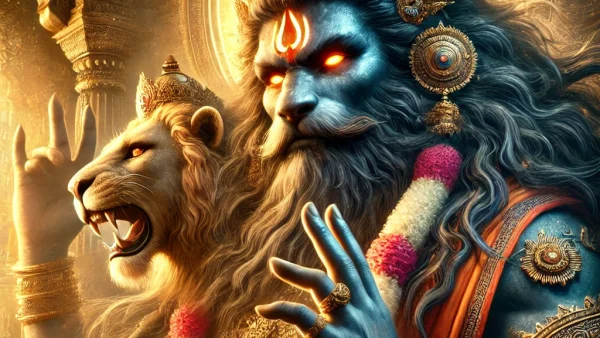
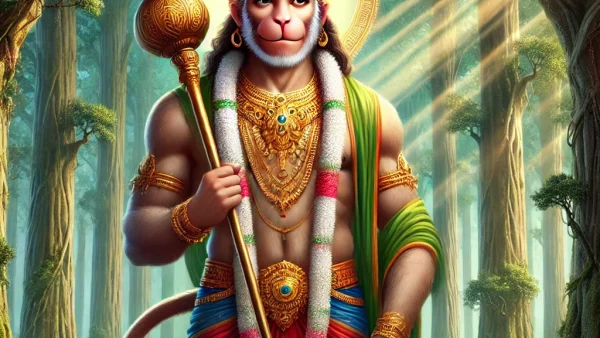
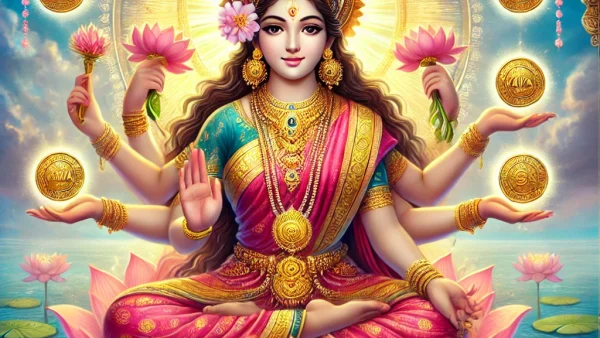
Leave a comment